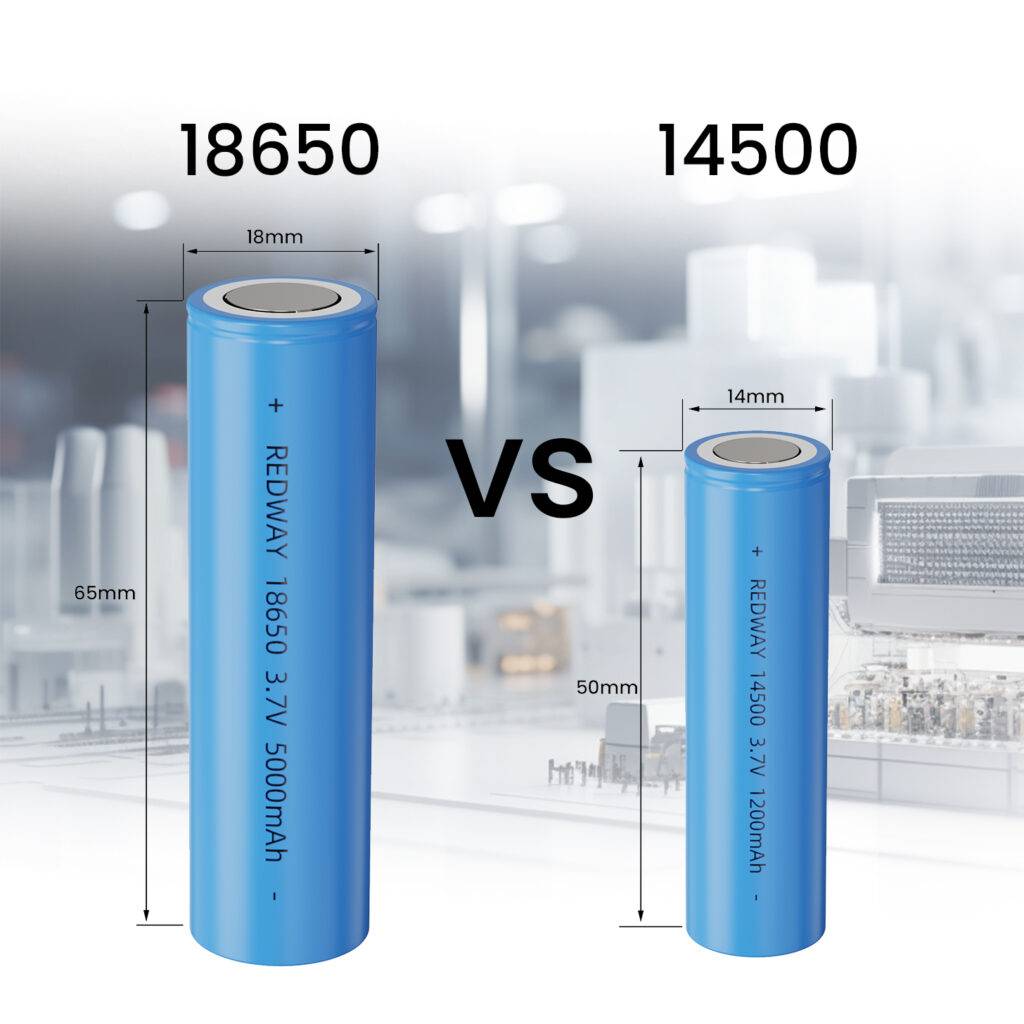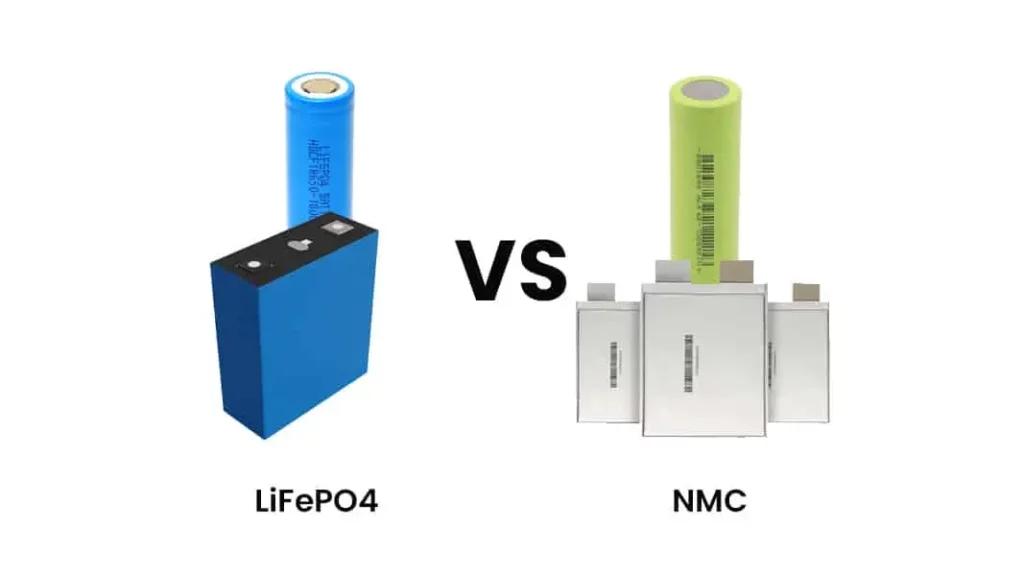With the development of global trade, importers face various potential risks and concerns when dealing with international suppliers. This article delves into the four most common worries for importers, covering non-receipt of shipment, discrepancies in product quality and description, delivery delays, and contract disputes with unscrupulous suppliers.

#post_seo_title
Non-receipt of Shipment
Specific Example: An American lithium battery importer purchased a batch of lithium batteries and made the payment as per the contract terms, with a 30-day payment period. However, even after 30 days, they had not received the batteries or any communication about the shipment. This situation led to financial losses as they had already paid for the goods and disrupted their production plans, which relied on these batteries.
In this scenario, importers are concerned about financial losses and interruptions in their production plans. To mitigate this risk, they often take measures such as signing clear contracts, conducting supplier due diligence, and seeking reliable business partners.
Discrepancies in Product Quality and Description
Specific Example: A Middle Eastern trading company purchased lithium batteries from a Chinese supplier with a contract specifying that the batteries must be brand new and free from defects. However, upon receiving the goods, they discovered that a portion of the batteries was damaged, completely contrary to what the seller had described. This not only resulted in product quality issues but also required returning or repurchasing the batteries, increasing costs and time expenditure.
In such cases, importers are primarily concerned with product quality issues. To prevent such problems, they typically enhance supplier quality management, conduct product inspections, and establish quality assurance agreements.
Delivery Delays
Specific Example: A European electronics accessories retailer planned to sell a batch of new lithium batteries before a specific sales season. They purchased these batteries from a Chinese supplier, but the supplier failed to deliver them by the agreed-upon date. Due to the delivery delay, the retailer missed the sales season and couldn’t meet customer demands, resulting in a loss of market share and sales opportunities.
In such situations, importers are most concerned about the inability to meet customer demands, leading to a loss of market share. They often specify delivery times with suppliers, establish contingency plans, and consider multi-supplier strategies to mitigate the risk of delivery delays.
Fraud and Unscrupulous Suppliers
Specific Example: A South American engineering and technology company collaborated with a supplier in Shenzhen, China, who claimed to provide high-quality lithium batteries. However, the quality of the electronic components delivered by the supplier was significantly below the promised level. Furthermore, the supplier failed to fulfill all obligations under the contract before delivery, leading to fraudulent behavior. Importers found their finances at risk, and they might need legal action to seek compensation.
In such cases, importers are primarily concerned about financial losses and legal issues. They often take legal actions, such as signing contracts, verifying supplier reputations, and using trusted payment methods to protect their interests.
Conclusion
Regardless of the specific concerns, importers should actively take preventive measures, including clear contract agreements, thorough supplier due diligence, and seeking reliable business partners. In this process, Redway Battery welcomes factory inspections, visits, or sample testing by customers to ensure smooth cooperation, avoiding unnecessary risks and disputes. Diligent collaboration and preventive measures can help importers engage in international trade with greater peace of mind.














